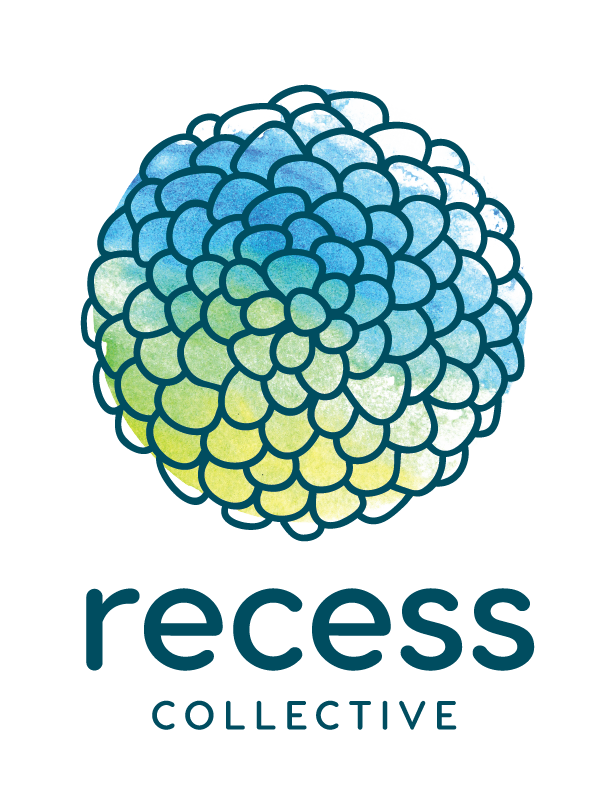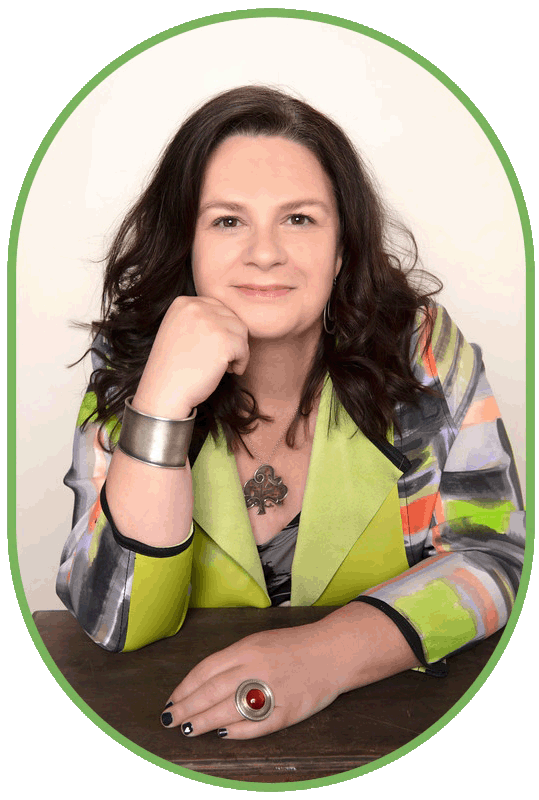When you become a new parent, you’re immediately responsible for the health of another person. This can feel daunting, but being prepared takes some of the worry out of it!
Here are some resources to get you started.
safety info to have on hand
Gather a list of emergency numbers and keep them in your phone. These numbers should include:
Your child's pediatrician, your health care provider, your family doctor, a 24-hour nurse-on-call number,
Poison control. If a poison is swallowed, call the poison control center (throughout the USA, call 800-222-1222 -- American Association of Poison Control Centers.)
This handout is a great general safety reminder overview for parents.
911, mobile 911
How to call 911 on an iPhone
If you’re using an iPhone, the Emergency SOS feature will call emergency services and notify your emergency contacts when you can’t. In the U.S., your iPhone will dial 911 and connect you to an operator. After that call concludes, it will then send a text message to your emergency contacts (unless you choose to cancel). Your phone will send your current location to your contacts and update them if your location changes. To add your emergency contacts, open the Health app, tap your Profile Photo and select Medical ID settings. Choose Edit and under emergency contacts, you can add your contacts, whether it is a spouse, a family member, or a trusted friend.
If you’re using an iPhone 7 and earlier, you start SOS mode by pressing the side button five times and dragging the bright-red slider over to start the call to 911.
For Apple’s latest phones, you need to press and hold the side button along with one of the volume buttons until you see the Emergency SOS slider appear on the screen. Now, you have two options.
You can manually move the slider to start the call,
or you can continue to hold down the buttons. If you choose this second route, the iPhone will start a countdown and then automatically call emergency services. This is handy if you’re in a situation where you can’t afford to look down at your phone or if you need to dial 911 discreetly.
How to call 911 on Android
With Android, settings and features vary based on smartphone manufacturer or version of the operating system. However, these steps to contact 911 during an emergency work on many modern Android handsets. First, hold down the power button until you see an option for Emergency Mode. Tap it and that will bring up five options: Flashlight, Emergency, Share My Location, Phone and Internet.
Below those options, there will be a button for Emergency Call.
Tap the button and it will verify if you want to call 911. Confirm and your phone will go into power-saving mode to conserve battery.
Google Pixel smartphones and a few other Android devices allow you to send vital information to dispatchers using Google’s automated voice service. During an emergency call, you can tap Medical, Fire or Police if you’re unable to speak.Google just rolled out a new Personal Safety and Safety Check apps for its Pixel 3 and 4 phones.
Safety Products to have on hand.
Our favorite products to have at the ready
spray bottle of vinegar - great for non-toxic cleaning of most anything
bottle of hydrogen peroxide - another great non-toxic cleaner, gets blood out of fabric in a jiffy
folex - favorite cleaner to clean up after the inevitable pee, poop, vomit on the sofa.
baby ice pack - sometimes called boo boo buddies, (can also do a wet washcloth in the freezer)
arnica cream - great for bruises
wound cleaner
bandaids
allergy meds in case of a reaction (always check with a doc first!)
Motrin/Tylenol (always check with a doc first!)
CPR & First Aid Classes
Red Cross www.bayarea-redcross.org (415) 427-8000
The HealthSource at KidSake www.thehealthsourceatkidsake.com (707) 546-4656
CPR Family www.cprfamily.com (415) 608-8308
CPR, Etc. www.cpr-etc.com (415) 884-2720
Chris Schlesinger www.inhomecpr.com (415) 383-1915
Carseat Safety
Check the height and weight limits on your child’s car seat from time to time to be sure they haven’t outgrown it. You’ll also need to adjust the position of the harness straps as your baby gets bigger.
NHTSA’s Listing of Safety Inspection Sites
(Guidance in safe infant carseat installation & use)
www.seatcheck.org 1-866-SeatCheck
SIDS Prevention
Information on New Zealand’s Mattress-Wrapping Approach www.healthychild.com/has-the-cause-of-crib-death-sids-been-found#
General U.S. Consumer Product Safety Commission
(Receive e-mail announcements of product recalls, and confirm safety of items in use) www.cpsc.gov
mental health resources
If you are in suicidal crisis, please call or text 988 or visit the 988 Suicide & Crisis Lifeline.
Pregnancy and a new baby can bring a range of emotions. Many new moms feel overwhelmed, sad, anxious, or exhausted at different times during their pregnancy or after the baby is born.
Sometimes these feelings go away on their own. But if these feelings last for more than two weeks, and make it hard to carry out daily tasks, like caring for themselves or their family, a mom may have perinatal depression or anxiety. These are common and treatable health conditions during or after pregnancy. And that's why a new mom, or those supporting them, should reach out right away for help.
Postpartum Support International has many resources to help families, providers, and communities learn about the emotional and mental health of childbearing families.
Call the PSI HelpLine: 1-800-944-4773 (#1 En Español or #2 English)
Text “Help” to 800-944-4773 (EN). Text en Español: 971-203-7773
The National Maternal Mental Health Hotline can help. 24/7, Free, Confidential Hotline for Pregnant and New Moms in English and Spanish
Call or text 1-833-943-5746 (1-833-9-HELP4MOMS).
TTY users can use a preferred relay service or dial 711 and then 1-833-943-5746.















